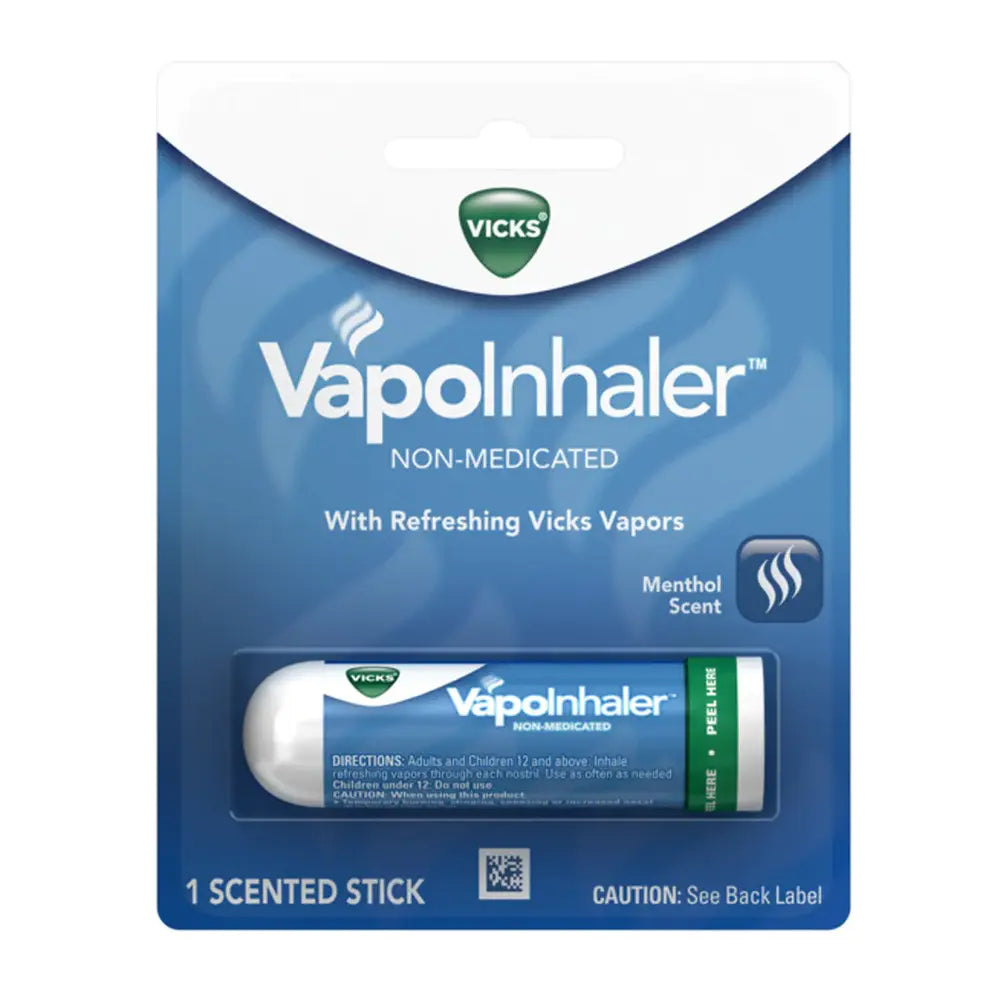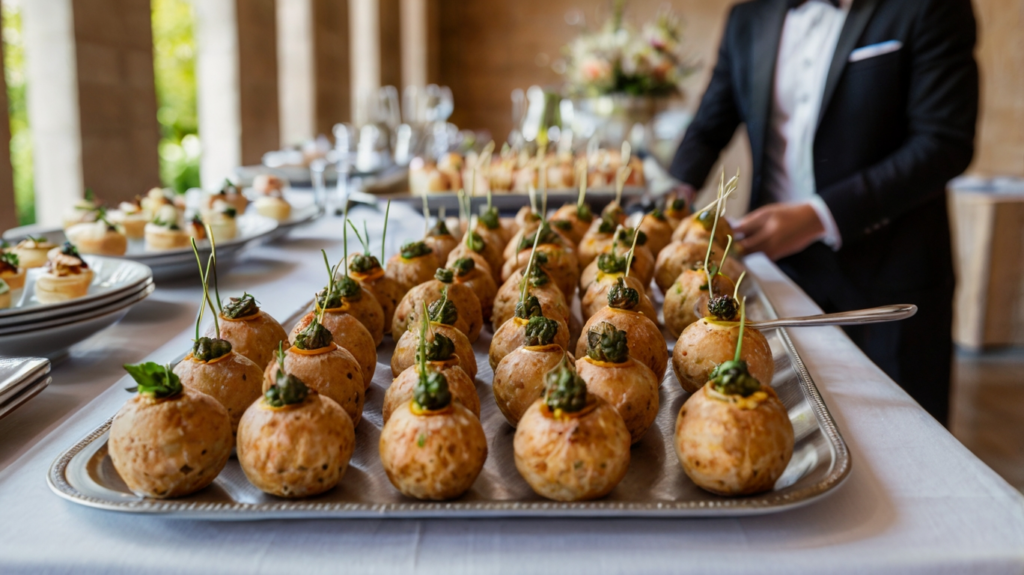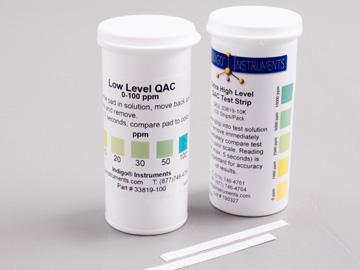[ad_1]
A mobile phone get in touch with with chef Alice Waters — founder of Berkeley’s Chez Panisse cafe and a person of the nation’s foremost food items activists and educators — is, by natural means, a feast. Waters touches evenly on her latest ebook, “We Are What We Take in,” focusing initial on other modern tasks these types of as the UC Worldwide Food stuff Initiative, developing the Institute for Edible Instruction at UC Davis, and Lulu, the natural and organic restaurant opened at the Hammer Museum at UCLA.
She begins with the subject matter of foods. Her ebook models nine have to-have values of sharing food: seasonality, stewardship, local community, variety, nourishment, splendor, generosity, appreciate and equity. The to start with chapters tackle 7 characteristics of rapid meals culture: usefulness, uniformity, availability, trust in advertising, cheapness, extra is superior and speed. Then, she introduces the superlatives of sluggish foodstuff tradition that add biodiversity to the 9 foodstuff values. All through, Waters brings together investigation and scientific studies with individual stories about her childhood, the early days of Chez Panisse and her relentless pursuit to learn new approaches of wondering, presenting and sharing food stuff.
“I’m in LA, on the lookout to see what is in the farmer’s current market, what’s increasing right now,” says Drinking water as she describes the meal she is arranging for afterwards the exact day. “Cari and Early Female tomatoes mainly because other, even bigger tomatoes aren’t ripe nonetheless. I appreciate a multicolored tomato carpaccio salad with vinaigrette, tons of mint, purple basil. It’s the garlic harvest so I’ll unquestionably poach refreshing fish of the working day, like a sea bass, now that the area salmon is gone. I’ll serve it with aioli on prime and croutons on the side and I’ll put saffron in a broth and make a massive bowl of soup to share all over the desk. All I can feel about for dessert are apricots, uncooked, or baked in a galette that has that sweet-bitter style.”
“We Are What We Eat” has Waters, along with co-writers Bob Carrau and Cristina Mueller, issuing a science-backed sluggish meals manifesto that protests the degradations of today’s fast meals: hunger, sickness, malnutrition, abuse of workers, environmental and real meals squander and derides the evils of comfort, uniformity, availability, bogus advertising, cheapness, quantity and pace.
Waters suggests composing about foodstuff in phrases of human values is intensely difficult. “The a few of us labored at each just one of individuals values. We had been truly seeking to get the proper language to not seem trite about human values is pretty tough.”
The book’s messages are, like a lot of built by Waters, straightforward origami-like concepts whose folds reveal complexity, forethought, construction, kindness. In the reserve, phrases these kinds of as “you can’t fake ripeness,” as an argument for seasonal food, or “terms get hijacked,” in reference to exploitation by advertisers of “local, “fair trade” and “organic,” quickly summarize how rapidly foods is pernicious and inherently harms all kinds of biological life.
Even so, Waters is fiercely optimistic. At the Edible Schoolyard Task at Berkeley’s Martin Luther King Center College, she has viewed pupils who in 6th grade have been “picky, hesitant” eaters develop into in two several years “young environmentalists eager to eat nearly anything they can develop and cook dinner.” The challenge has expanded from one particular college to a network of 6,500 educational institutions around the world.
Questioned if the pandemic will boost problems and appreciation for the men and women who expand our food stuff and how it’s delivered — or intensify attention to organic source preservation and office fairness, Waters claims the big agriculture industrial food method has been frequently exposed.
“People have been shocked by truths disclosed and really hard facts similar to the killing of animals, foods waste, poisoning of land, beach locations and drinking water, pesticide use, distribution and carbon footprints,” she claims.
Nonetheless Waters is concerned that folks ever more think the clinical technique understands much better than Mom Mother nature. “We will need to get treatment of her and enable her to prosper,” she claims. “We want to consume seasonally. Understand from Indigenous men and women and traditions. … We require to make edible education and learning section of every single college curriculum.”
Which is why the UC project is critical. The edible education components is multipronged: connect to folks generating food items on the land, spend actual expenses for the foodstuff presented, allow no middlemen, continue to be nearby, reduce carbon footprints, fund university applications properly, devise menus that use just about every morsel and strive for zero squander, build networks so the U.S. school food stuff procedure does not invest billions of taxpayer bucks purchasing quickly meals or foodstuff primarily from outside local regions.
Waters relishes in feeding individuals concepts: “I usually say bring a bowl of a little something irresistible to the desk simply because I do not want to have conversations only in lecture rooms. Collecting and having a little something tasty touches people today in a distinctive way.”
The connect with ends, fittingly, with a butterfly. Waters is taking a photograph with her cellular phone, a sight that brings about her to mention the victory backyard she planted in the front lawn of her dwelling the minute the pandemic commenced. “I was apprehensive about managing out of lettuce. Men and women remaining me notes on the trellis to say they ended up carrying out the same detail. Who is familiar with exactly where that will go? Neighbors placing meals on each individual other’s porches? It’s a sign of neighborhood. I experience this is our instant in time.”
[ad_2]
Resource backlink







